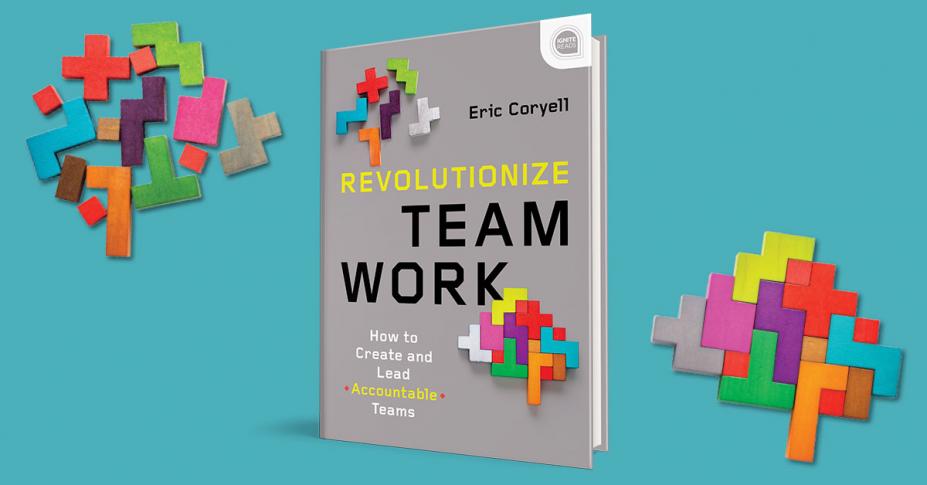Accountability. Good employees are accountable. Good leaders hold their employees accountable. Good organizations have accountable cultures.In many ways accountability has become a holy grail to business success. But what does it really mean to be accountable? And what happens when someone isn’t accountable? How organizations deal with non-accountable behavior goes a long way to defining the organizational culture and the focus of the employees.
The generally accepted definition of being accountable is that “you do what you say you are going to do.” Yet everyone will inevitably fail on this accord. Does that mean they are not accountable?I think it is at that moment of not doing what they said they would do is when you find out if someone is going to act accountably or not. Non-accountable behavior is characterized by excuses, finger pointing, denial, deflecting or refusing to change. Accountable behavior, on the other hand, means taking responsibility for not delivering on the desired results and doing something different until the desired results are achieved.
Wouldn’t life be great if everyone exhibited accountable behavior 100% of the time? As great as that idea sounds it is not realistic and organizations must decide what to do when someone is not acting accountably. The responsibility usually falls on the leader to hold their employees accountable when they are not acting accountably. To effectively do this, leaders must engage in a series of steps starting with things like setting clear expectations, contracting, incentivizing, and putting feedback mechanisms in place. If that doesn’t do it then they must do things like coaching, reassessing, training or even setting consequences. Continued non-accountable behavior will often lead to disciplinary actions and even termination.
But who really has the accountability during this process? Who is the one doing something different until the desired results are achieved? The leader! The whole notion of holding someone accountable is really a myth. When a leader says they are holding someone accountable what they are really saying that they are taking the accountability away from the individual. They are now the ones that are doing something different until the desired results are achieved. And if they don’t achieve the desired results their leader is going to do the same thing to them. This is called leader led accountability and is the norm in most organizations.
There are two significant problems with this approach to managing accountability. One is that not everyone is good at taking the accountability from their employees (formerly known as holding them accountable). Some leaders are afraid of alienating their employees so they shy away from it or they convince themselves they can’t do until they are perfectly accountable themselves. The second problem is that it creates very upward looking organizations. Employees are constantly looking up to their boss as they are they ones whose expectations they have to meet and they are the ones who will take their accountability away if they don’t meet them.
But there is another way that accountability can be managed and that is when someone’s teammates take it. When team members start to do this to each other that is when the team becomes accountable and extraordinary team results can be achieved. In a lot of ways accountable teams are the ultimate holy grail. They are rare. Teams that are accountable are often considered an anomaly that happened as a result of unique circumstances, a special group of people or an extraordinary leader. While some or all of those do happen on accountable teams, they are part of much bigger array of factors that have to happen to make it possible. The good news is there is a definitive and predictable set of steps that will lead your team to becoming accountable.
Want to know what inspired Eric Coryell to write Revolutionize Teamwork? Find out with this author Q&A>>

